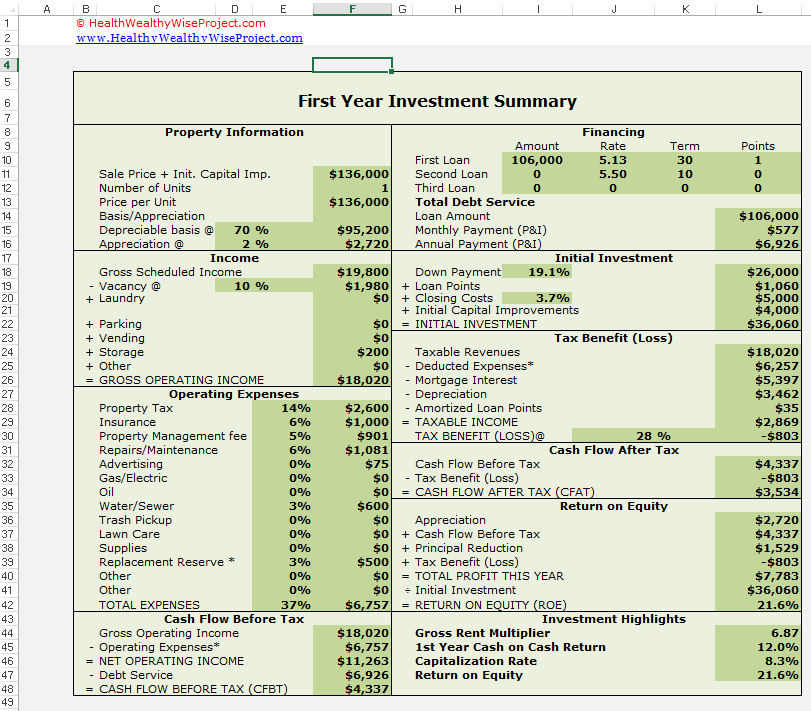You would have to capitalize them. You can deduct expenses once the property is placed in service. You place property in service in a rental activity when it is ready and available for a specific use in that activity. Even if you aren’t using the property, it is in service when it is ready and available for its specific use. Expenses incurred before rental business begins A customer may incur expenses for the purposes of a rental business before that business starts.
If so, they may be able to claim a deduction for. Can you deduct expenses on rental property? Can expenses be wholly and exclusively for the purposes of renting out the property? Are expenses incurred before the Business begins?
Can start up expenses be deducted? You may be able to deduct certain expenses you incur while preparing your rental property, but before actually renting it. Startup expenses are not the same type of expenses that are allowable as a deduction under section 1of the Internal Revenue Code. When projecting taxable income from your new rental property be mindful of start-up expenses Expenses incurred prior to the commencement of a business are not currently deductible. In the instance of rental real estate, costs incurred before a property is ready to be rented are considered start-up expenses.
Renovation: - $000. Taxes and utilities paid in pre-rental period. My accountant says that expenses incurred prior to renting a property for the first time are not deductible as rental expenses.
Seems like a Catch-22. Its not a rental until after a fair-value contract is signed. Sometimes costs of work on a property before you lease or rent it will be capital expenses , and so are not allowable expenses.
This includes if you buy a property in a derelict or run-down state ,. The room is × feet, or 1square feet. Your entire house has 8square feet of floor space. If your heating bill for the year for the entire house was $60 $($6× 0) is a rental expense.
Whether or not any rental income is being received as a landlord you will still be incurring expenses such as mortgage interest, maintenance and repairs, service charges and insurance costs. In this situation, you can only deduct the percentage of expenses that correspond with the business use of the property. For example, say that your property is rented 2days out of the year and you use it for days.

You may deduct percent (2days divided by 2days) of your total rental expenses. The placed - in-service date is important to a company for tax reporting purposes because it marks the beginning of the recording of depreciation expense that impacts pretax earnings. The wrinkle in this scenario, though, is that the sole rental property is both still up for rental with the agents, as well as going through the process of being sold. Depreciation starts as soon as the property is placed in service or available to use as a rental. Rental property owners use depreciation to deduct the costs of buying and improving a property.
Before you start letting your property, you will likely incur some expenses (i.e. “pre-trading expenditure”). Any expenses that you incurred before you started renting may still be allowable, if they would have been tax deductible after the rental business starte like repairs neglected by the previous owner. Do the current property expenses such as council tax, water rates, etc, count as deductible against sale proceeds for CGT? Or, 2) Are they part of the general in -year rental expenses and allowable against rental income from this property for the year? Pre move- in rental expenses such as landscaping, handyman, cleaners, or leasing agent.
Any business permit or license fees. Fees for attorneys, accountants, property managers, or other professional services. When starting up a rental business, try to keep these expenses under $5000.
It includes the expenses of improving property (presumably so that it can be placed in service ). Since utilities at the property are a necessary expense for the renovation, it is no different than paint or roofing nails or drywall mud. The first limitation on rental expenses to consider are the at-risk rules. Essentially, the IRS allows deductions for expenses that exceed your rental income to the extent you are at-risk for the amount. Taxpayers are at risk only for amounts that they have invested in the property.

Types of rental expenses. Rental expenses you claim over several years – you can claim these expenses over a number of income years, such as depreciation.
No comments:
Post a Comment
Note: only a member of this blog may post a comment.